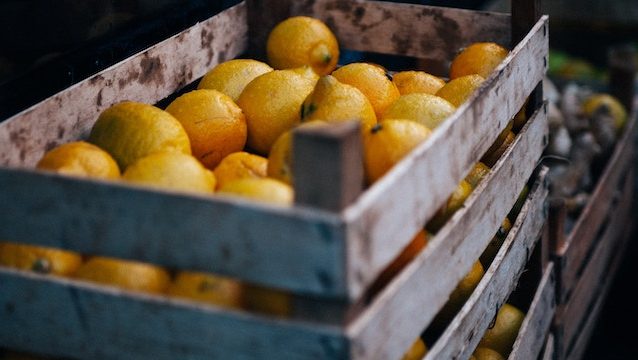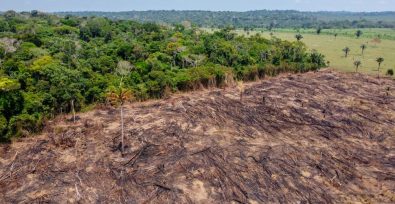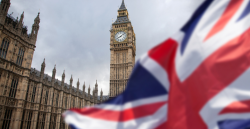Major companies are turning to court injunctions as a means of blocking their names from being included on Brazil’s slave labor “dirty list” — a tool that names and shames firms that have been linked to slave labor.
In an investigation by Thomson Reuters Foundation revealed that 12 companies who were placed on the dirty list have gone to court to halt a two-year inclusion on the list while they appeal the decision.
Take Action: Help Stop Forced Labor
This helps them avoid punishment: companies on the dirty list are blocked from receiving state loans and have restrictions placed on their sales.
Thomson Reuters Foundation reports:
JBS Aves, a unit of the world’s top meatpacker JBS SA , orange juice giant Citrosuco, and fashion brand Fabula Confecçao e Comercio de Roupas were among the 12 companies uncovered by a request via Brazil’s Access of Information Law.
Others included Rumo Malha Paulista, a logistics company, and Spal Industria Brasileira de Bebidas, a local maker of Coca Cola. All the companies revealed through the request said they never used slave labor and their inclusion was a mistake.
It is the first time such information has been revealed but the total number of slavery-related injunctions granted over the past 15 years is unclear.
“Those with vast economic resources to pay for great lawyers will come out on top,” said Catarina von Zuben, head of the National Coordinating Office for Fight Against Modern Slavery in Brazil (CONAETE).
“If I were an international buyer, I’d be very concerned,” she said, referring to the fact that injunctions mean some companies are never publicly exposed over slave labor findings.
Senator Paulo Paim, who heads the Senate’s human rights commission, also warned that court injunctions are just one part of a larger problem of holding companies accountable.
“It’s not just injunctions. The government does not invest in labor inspections, (inspectors) have no money to go to areas where slavery probably is. The structure is pitiful”, said Paim.







Freedom United is interested in hearing from our community and welcomes relevant, informed comments, advice, and insights that advance the conversation around our campaigns and advocacy. We value inclusivity and respect within our community. To be approved, your comments should be civil.